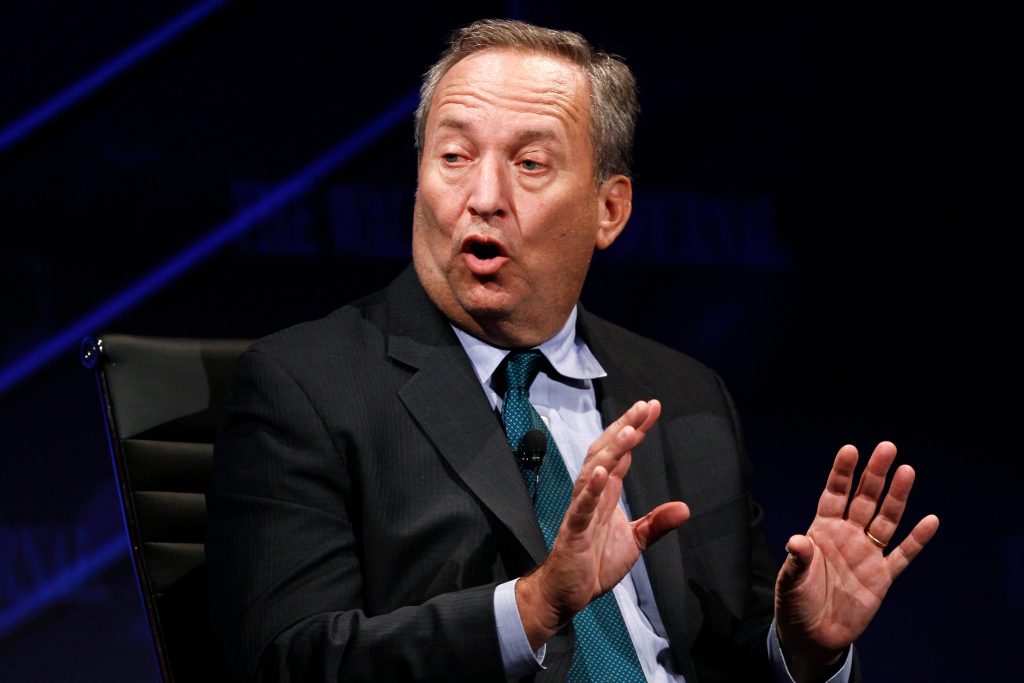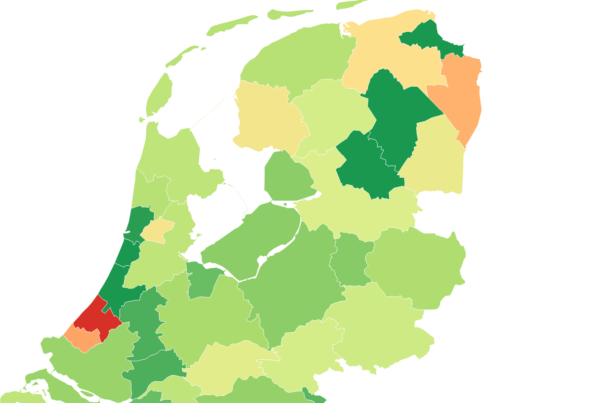- Economists have devised a new inflation metric that accounts for modern-day spending patterns.
- They found that US inflation is currently much closer to its 1980 peak than previously expected.
- That will force the Fed to implement aggressive monetary policy and cause a deep recession.
US inflation is running closer to its peak than previously anticipated, according to a group of economists, which could mean that a deep recession is the only way to tame soaring prices.
Ex-Treasury Secretary Larry Summers and economists Marijn Bolhuis and Judd Cramer wrote a paper that recalculated historic inflation data, accounting for modern-day spending patterns.
They found prices rose by 9.1% in June 1980, significantly below the widely-reported figure of 13.6%. US inflation hit 8.3% in April, so prices are rising just eight percentage points below their all-time high level if the economists' calculations are correct.
That would mean that today's Federal Reserve faces a similar task to Paul Volcker's administration in the 1980s, which would potentially be bad news for investors. Volcker's Fed hiked interest rates to 20% to curb inflation, which triggered a long-lasting recession.
"Current inflation levels are much closer to past inflation peaks than the official series would suggest," the economists said. "To return to 2% core inflation today will thus require nearly the same amount of disinflation as achieved under chairman Volcker."
In 2022, the prospect of interest rates at just 1% is spooking markets. There's been a broad and deep sell-off since the Fed signaled it could hike rates seven times this year, with the S&P 500 down 11.8% year-to-date.
Summers, Bolhuis and Cramer said past iterations of the consumer price index (CPI) were inaccurate because they hadn't properly accounted for spending on housing.
"Housing is both an investment and a consumption good," they said. "Between 1953 and 1983, the Bureau of Labor Statistics valued homeownership costs for the CPI without disentangling these two qualities."
"[Their] methodology was without conceptual foundation and its use resulted in a substantial upward bias in the CPI," the economists added.
Summers was Bill Clinton's Treasury Secretary between 1999 and 2001. He's previously warned markets to brace for Japan-style stagflation — referring to a combination of high inflation and sluggish growth.










